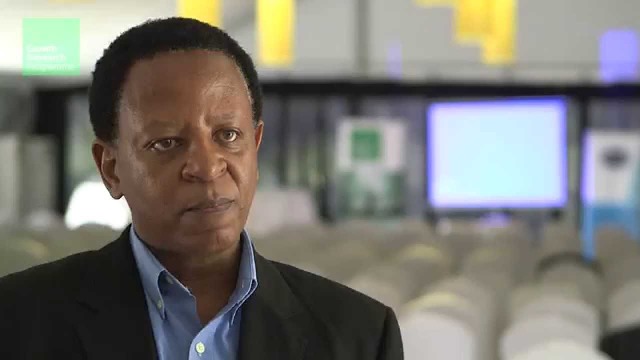SAGCOT says it does not use GMO technology
Wed Feb 15, 2017
The SAGCOT Chief Executive Officer, Geoffrey Kirenga, said in Dar es Salaam over the weekend that the seeds used in their initiatives have been approved by the government and would never adopt a technology that has not been approved.
“The technology we use is that which has been approved and since so far there is no GMO variety that has been approved, we do not use GMO technology,” he said at a seminar for editors and senior reporters. Tanzania does not allow the use of GMO products, although it has allowed research into GMOs to promote scientific research.
The government maintains a regulatory blockage under a ‘strict liability’ law adopted in 2009, where anyone involved with importing, moving, storing or using GM products could be sued, if someone else claimed the product caused them harm or loss.
And that broad definition went beyond personal, it included environmental damage. SAGCOT covers approximately one-third of mainland Tanzania, extending north and south of the central rail, road and power ‘backbone’ that runs from Dar es Salaam to the northern areas of Zambia and Malawi.
It covers Iringa, Njombe, Mbeya, Morogoro, Rukwa and Katavi regions which used to form the food basket of the country. Mr Kirenga said SAGCOT envisions that at least 2.1 billion US dollars of private investments would be catalysed over a 20-year period which will be supplemented with a public sector commitment of 1.3 billion US dollars.
The result will be tripling of the area’s agricultural output. Approximately, 350,000 hectares will be brought into profitable production, much of it to be managed by smallholder farmers, he said.
He said SAGCOT expects by 2030 tens of thousands smallholders will become commercial farmers, with access to irrigation and weather insurance and at least 420,000 new employment opportunities created in the agricultural value chain.
They also expect that by 2030 more than two million people would be permanently lifted out of poverty and there would be annual value of farming revenue of 1.2 billion US dollars. Mr Kirenga called on the mainstream media to take up the challenge of telling about the great story in agriculture and agribusiness sector as it remains untold.
He said the great potential of the sector which contributes about 30 per cent of the economy was largely underreported and challenged editors and journalists to promote investment and business opportunities available in agriculture.
“Tanzania has plenty of agricultural potential and opportunities compared to any of Eastern and Central African country,” he said.
Agriculture which is mainly rain-fed and dominated by smallholders farmers, is the mainstay of the economy, contributing about 29 per cent of the economy in 2015 up from 28.8 per cent in 2014 making it the largest contribution, surpassing all other sectors. It employs about 65 per cent of Tanzanians and covers more than 100 per cent of the domestic food needs in favourable seasons.
The media stood a better chance to inform and educate people on the existing opportunities in agriculture for the country’s growth and development, he said. He said it was an undeniable fact that agriculture has a lot of opportunities which could transform people’s living standards and the proper channel for them to be informed and educated was through the media.
Africa has of late become a battleground for GMO technology with proponents arguing GM crops have the potential to bring about the second green revolution that will solve hunger problems in the continent and opponents, dismissing the arguments as mere public relations gimmicks by big multinational companies who use the new technology to expand into Africa’s lucrative agriculture market.
SOURCE: DAILY NEWS


Write Your Comments